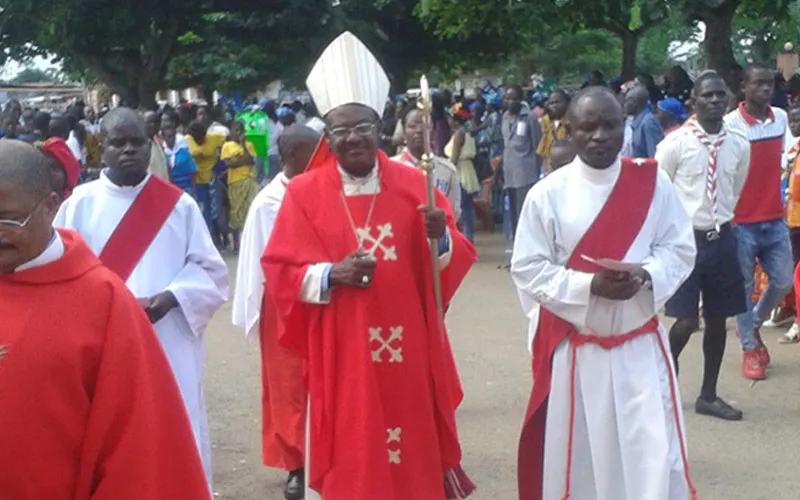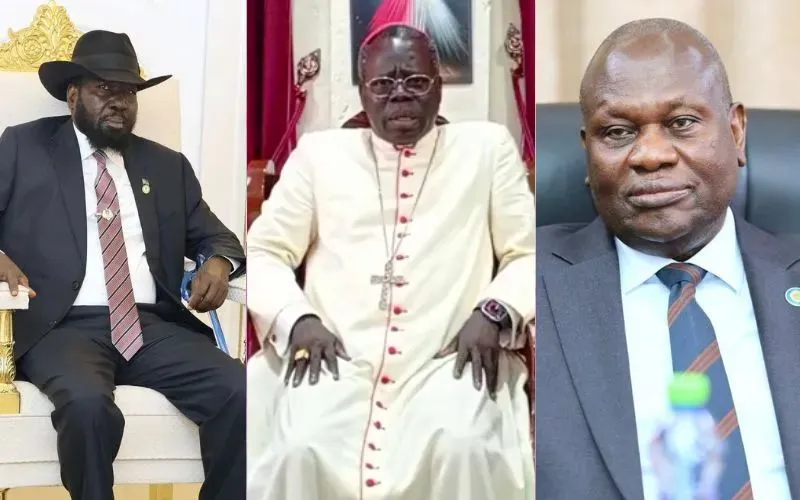He noted that there have always been Congolese trying to cross the border in search of better living conditions in Angola.
Others, especially in the past, used Angola as a stepping stone to Europe, acquiring Angolan nationality and passports before traveling further, he said, and added, “Today, many still see Angola as an ‘Eldorado’ for a better life.”
The Local Ordinary of Mbanza Congo said that the consequences of the conflict “may not be immediate”, in his Episcopal See but quickly noted that “any part of our neighboring country suffering affects us.”
“The social fabric is intertwined, and we are not indifferent to their struggles. We fear that this situation could suddenly bring serious consequences for us as well,” he added.
Bishop Kiaziku emphasized that peace in the DRC is in Angola’s interest. “We, as Angola, will never be completely at peace as long as our neighbor is at war,” he asserted.
“With a border stretching over 2,000 kilometers, we will never be fully at peace unless our neighbor is also at peace. The universal principle is humanism. Even before speaking as a Christian, from a purely human perspective, every armed conflict should be avoided and opposed. Moreover, we are not only neighbors but also brothers to the people of the DRC,” he said.
The Catholic Church leader explained that ethnic groups along the border are divided between the two countries. “Some are in the DRC, and others are in Angola.”
“There are places where traditional authorities reside in the DRC, while the rest of their people are in Angola. Despite the colonial-era border divisions, people cross freely to resolve disputes and other important matters. We are one family, and when one part suffers, the other feels the impact,” he explained.
People have been fleeing armed clashes in the Eastern part of DRC since the January 27 takeover of Goma, the capital of DRC’s Eastern Province, by the March 23 Movement (M23) rebels.
The Congolese city of Goma has been a flashpoint for violence as armed groups continue to clash, displacing thousands and creating a severe humanitarian crisis.








